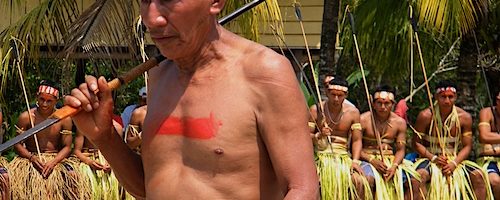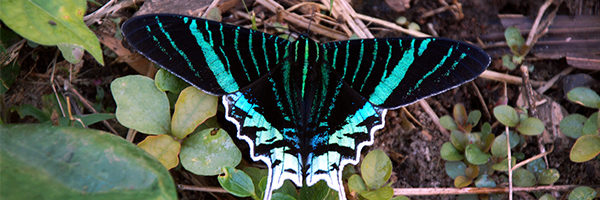
Saving Traditional Medicine One Village at a Time Matsés traditional healing systems have been passed down through the generations for hundreds of years. The knowledge and techniques accumulated within this effective health care system are a product of their deep spiritual and physical ties to the natural environment. The health of the Matsés tribe has […] Continue reading »



